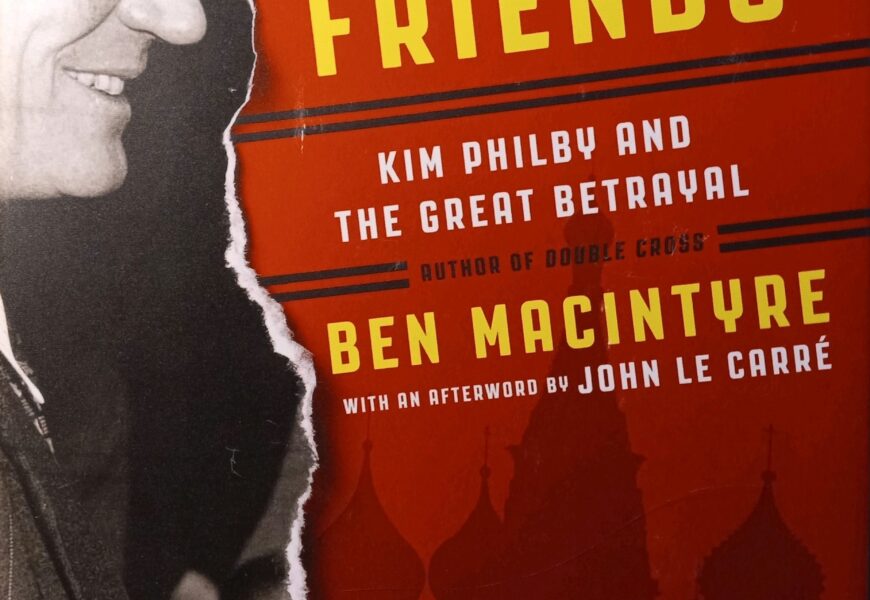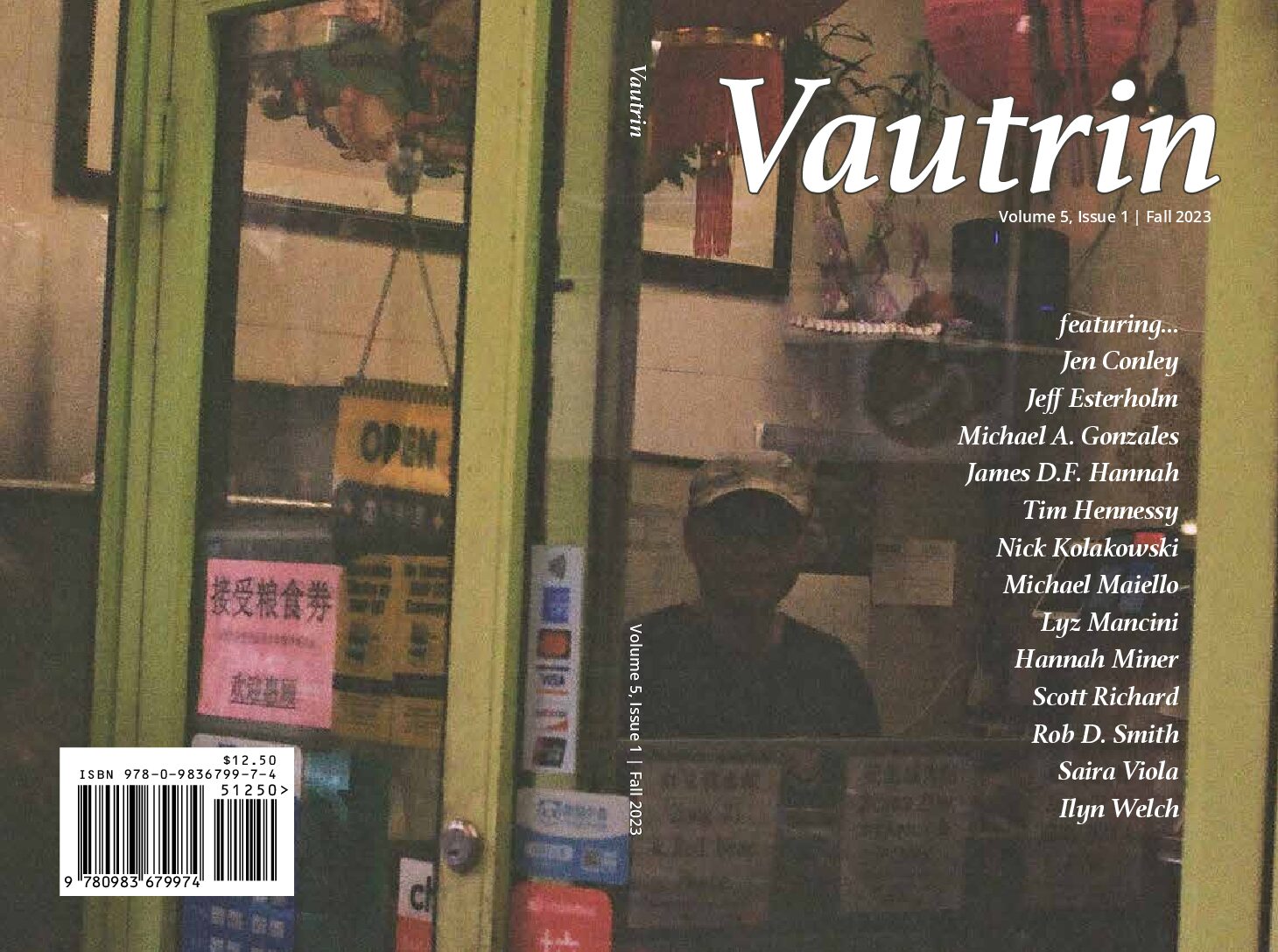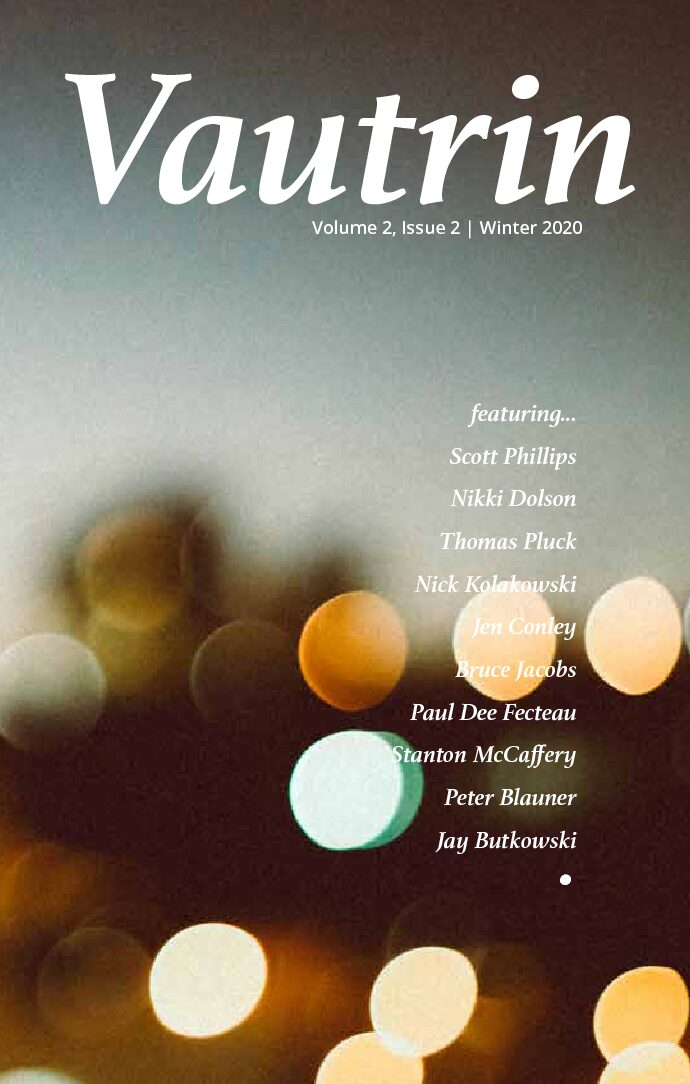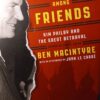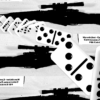By Todd Robins /
If Joseph Conrad and John Le Carre convened in Cornwall to conjure a spy story for the ages, they might not imagine a scheme as insidious as the one put in place by British agent Kim Philby and his Soviet handlers during World War II and the Cold War.
In the espionage game of the 1930s, the Soviets were ahead of everyone. Hitler had not yet come completely unhinged when Soviet spies were at work in the UK, making friends with young Englishmen at the best schools. The strategy, in retrospect, was clear: take advantage of the British class system, in which the right men from the right families may get important government jobs without so much as a background check.
Kim Philby was the right man—suave and sophisticated, charming enough to be liked by almost everyone—from the right family—a friend of his father’s recommended him to MI6—who happened to be of a mindset distinctly favorable to a Soviet recruiter. Philby made a bit of noise at Cambridge on the nature of his political beliefs, but no one from MI6 came round to ask, and he closed his mouth entirely after secretly signing up with the Soviets. The spy was in place and ready to rise as his Communist handlers stepped back to watch the long game play out—albeit with the occasional assist.
The title of journalist Ben Macintyre’s book suggests Philby betrayed his country in the midst of friends. His country was seriously up against it at the time, unless you discount German bombers flying overhead. Philby carried on nonetheless in pursuit of his political ideal.
The dynamic is a strange one, but Macintyre points out that spies enjoy being on the inside. Philby lived in a space where only he (along with his Communist associates) genuinely knew what was afoot. For instance, his old schoolboy friend and fellow agent, Nicolas Elliott, an accomplished espionage man in his own right, knew enough to unwittingly tell Philby about developments that ended quite badly for Englishmen as well as Russians who were trying to defect. This suggests Britain’s great betrayer came equipped with a touch of the criminal: cold enough to keep up his scheme when people who trusted him—richly honorable countrymen—lost their lives.
Certain nonfiction works from the past fifty years rank among my all-time favorites. Gay Talese’s book about the New York mafia, Honor Thy Father, proves that nonfiction can be every bit as riveting and memorable as a top shelf novel. But not all writers can pull it off. The Philby story has been told before, though not by Macintyre. In A Spy Among Friends, the journalist has given the old tale of schoolboy betrayal a stately blend of literary magic: labyrinthine, mysterious, thorough yet compelling in depiction of characters, and embroidered with contemplative erudition that enables us to see how this thirty-year con game went down.
#
Todd Robins is the founder and Editor-in-Chief of Vautrin.
This review first ran at Watermark Books & Cafe.

